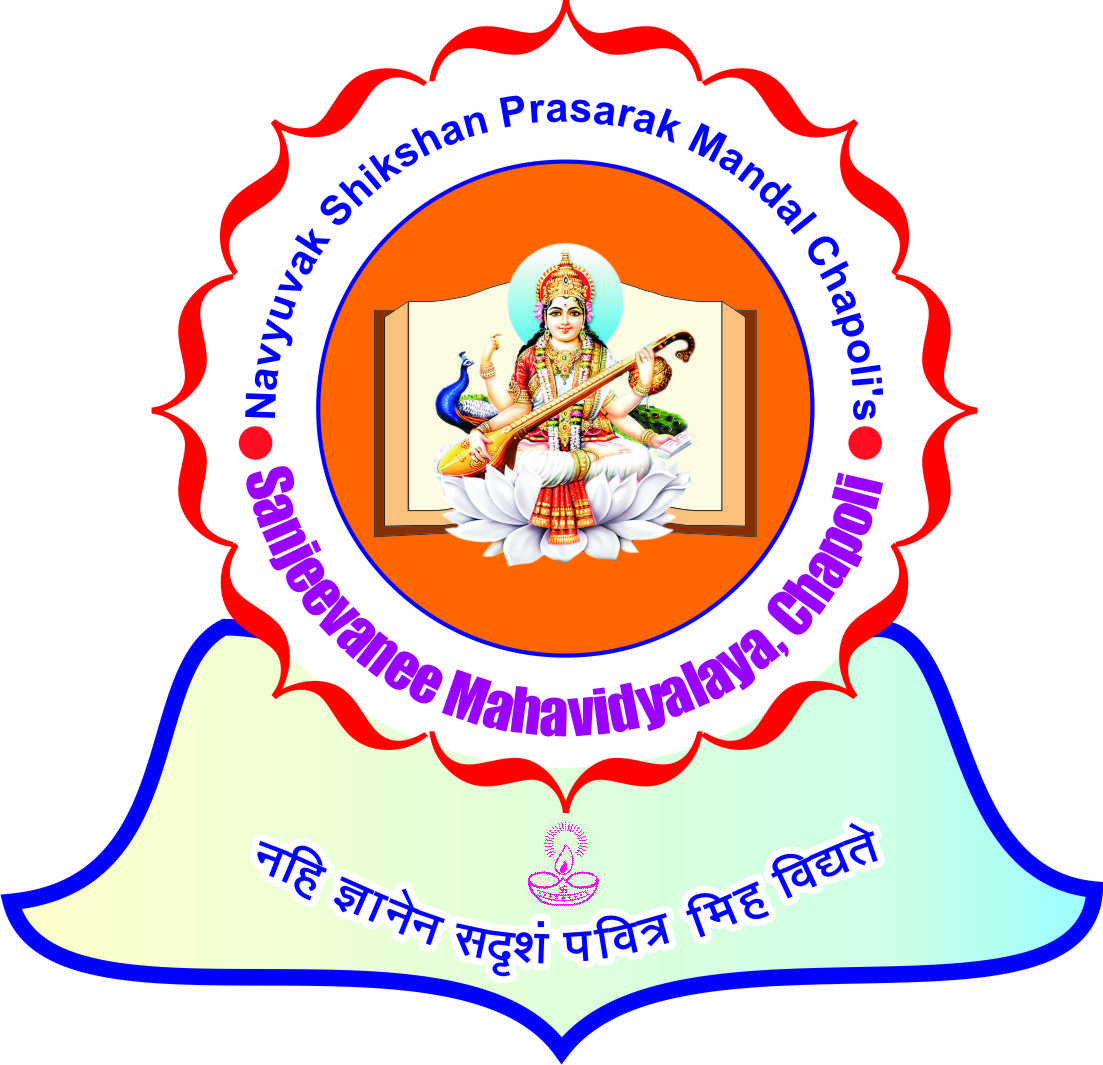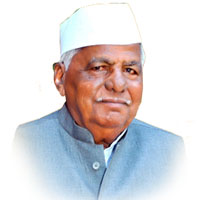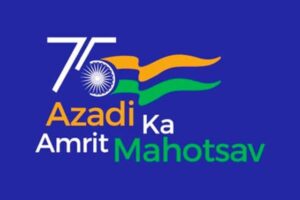Navyuvak Shikshan Prasarak Mandal Chapoli`S
SANJEEVANEE MAHAVIDYALAYA, CHAPOLI TAL. CHAKUR DIST. LATUR (M.S.)
Metric 2.6.2.
| Sr.No. | Name of file | College website link |
| 1 | Average Pass Percentage | https://www.smchapoli.org/wp-content/uploads/2021/03/University-Examinations-result-14-Mar-2021-14-33-461.pdf |
2.6.2. Attainment of Programme outcomes and course outcomes are evaluated by the institution.
Response:
The accomplishment of the POs and COs is a base to measure successful functioning of any institution. To ensure the same, the institution has evaluation system. The attainment of programme outcomes and course outcomes is evaluated by the institution with conventional and non-conventional means.In the direct system of the evaluation, the results of the university examinations are analyzed course wise by the departments and reported to the Principal.
After receiving syllabus from the parent university, all the departments in the college make annual planning for the effective delivery of the curriculum. The faculties in the college use different teaching methods for effective execution of the academic plan. After completing the syllabus, the teachers conduct examinations to evaluate comprehension of the students. Based on the individual evaluation of the students, teachers decide whether the slow learners require remedial coaching. With the consent of the Principal, remedial classes are conducted to improve academic performance of the students.
Internal evaluation examinations (CA) are conducted in each semester. Total marks for UG courses are 75 in each semester. They are: 35 marks for Continuous Assessment and 40 marks for End Semester Examination (ESE). The internal examination is conducted twice in the semester to check the accomplishment of desired course outcome. After the announcement of the result, COs and POs are analyzed and discussed in the meeting with the Principal.
The assignment topics, related to the course content, are given to the students and they are asked to prepare it in detail. The intention behind these topics is to encourage the students to use text-books and reference books. The close reading of the text-books and the reference books helps the students to understand COs. The assignments are given to the students twice in the year. The assignments are assessed by the respective subject teachers and marks are awarded.
Our administration and the faculty members are well aware about evaluating the outcomes. Continuous assessment provides feedback on the efficiency of teaching – learning process and course outcomes of each course. Conventional systems like examinations, seminars, tutorials and assignments, conducting quizzes and brain storming sessions are undertaken to evaluate COs.
Besides, departments also try to assess COs by some other means of their own. For example, some science departments assess the outcomes at the time of practical examination and Student research projects. Commerce departments assess them on the basis of placements, feedback etc. The departments of humanities measure the attainment of certain skills by:
- Writing wall papers
- Creative/Academic writing for the college Magazine “Sanjeevanee”
- Contribution and participation in literary/cultural programmes.
- Performance in elocution, debate, essay writing, poetry reading and recitation competitions.
- Participation in Group discussions on syllabus related concepts.
- Presentations
- Interviews in Skill Enhancement Course
Sensitivity and social awareness of the students are observed during social programmes such as Annual Social Gathering, NSS camp and other programmes organized by the college with public involvement.


